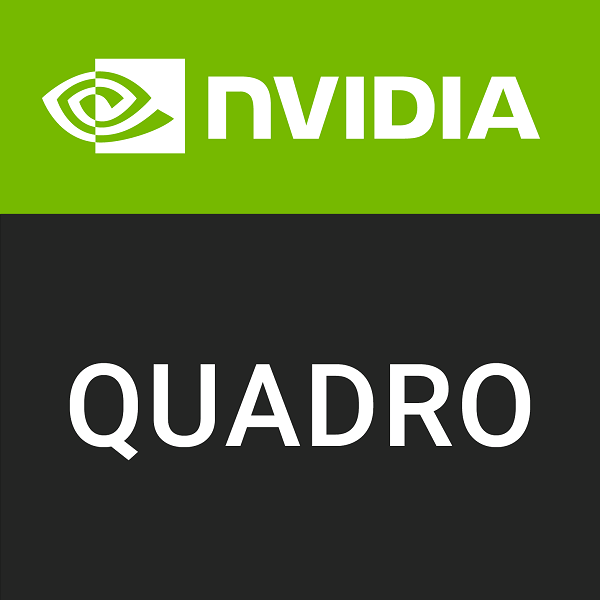NVIDIA Quadro P1000 vs Intel Data Center GPU Flex 140
We compared two Professional market GPUs: 4GB VRAM Quadro P1000 and 6GB VRAM Data Center GPU Flex 140 to see which GPU has better performance in key specifications, benchmark tests, power consumption, etc.
Main Differences
NVIDIA Quadro P1000 's Advantages
Lower TDP (47W vs 75W)
Intel Data Center GPU Flex 140 's Advantages
Released 5 years and 6 months late
Boost Clock has increased by 32% (1950MHz vs 1480MHz)
More VRAM (6GB vs 4GB)
Larger VRAM bandwidth (186.0GB/s vs 80.19GB/s)
384 additional rendering cores
Score
Benchmark
FP32 (float)
Quadro P1000
1.894 TFLOPS
Data Center GPU Flex 140
+110%
3.994 TFLOPS
Graphics Card
Feb 2017
Release Date
Aug 2022
Quadro
Generation
Data Center GPU
Professional
Type
Professional
PCIe 3.0 x16
Bus Interface
PCIe 4.0 x8
Clock Speeds
1266 MHz
Base Clock
1600 MHz
1480 MHz
Boost Clock
1950 MHz
1253 MHz
Memory Clock
1937 MHz
Memory
4GB
Memory Size
6GB
GDDR5
Memory Type
GDDR6
128bit
Memory Bus
96bit
80.19GB/s
Bandwidth
186.0GB/s
Render Config
-
-
-
5
SM Count
-
640
Shading Units
1024
40
TMUs
64
32
ROPs
32
-
-
-
-
RT Cores
8
48 KB (per SM)
L1 Cache
-
1024 KB
L2 Cache
4 MB
-
-
-
Theoretical Performance
47.36 GPixel/s
Pixel Rate
62.40 GPixel/s
59.20 GTexel/s
Texture Rate
124.8 GTexel/s
29.60 GFLOPS
FP16 (half)
7.987 TFLOPS
1.894 TFLOPS
FP32 (float)
3.994 TFLOPS
59.20 GFLOPS
FP64 (double)
-
Board Design
47W
TDP
75W
200 W
Suggested PSU
250 W
4x mini-DisplayPort 1.4a
Outputs
1x HDMI 2.1
3x DisplayPort 2.0
None
Power Connectors
1x 8-pin
Graphics Processor
GP107
GPU Name
DG2-128
GP107-860-A1
GPU Variant
ACM-G11
Pascal
Architecture
Generation 12.7
Samsung
Foundry
TSMC
14 nm
Process Size
6 nm
3.3 billion
Transistors
7.2 billion
132 mm²
Die Size
157 mm²
Graphics Features
12 (12_1)
DirectX
12 Ultimate (12_2)
4.6
OpenGL
4.6
3.0
OpenCL
3.0
1.3
Vulkan
1.3
6.1
CUDA
-
6.4
Shader Model
6.6





